With so many farming sims on the market right now, it’s hard to determine which ones are worth the investment—and I’m glad to report that Phoenix Labs’s Fae Farm absolutely lives up to the hype.
Set in the magical land of Azoria, Fae Farm is a highly addictive game that combines roleplaying, farming, resource management, combat, magic, crafting, and discovery to create something that’s immersive and delightful. It has a large cast of NPCs to befriend (or romance!), multiple land types to explore, and tool and skill upgrades that can be earned through completing quests and increasing experience.
Although Fae Farm is categorically a cozy sim that will feel familiar to connoisseurs of the genre, it stands out for a variety of reasons including its story, visuals, and more. Before the game is released on Friday, September 8, here’s a spoiler-free review of my playthrough of the first four chapters.
Fae Farm has a mysterious story
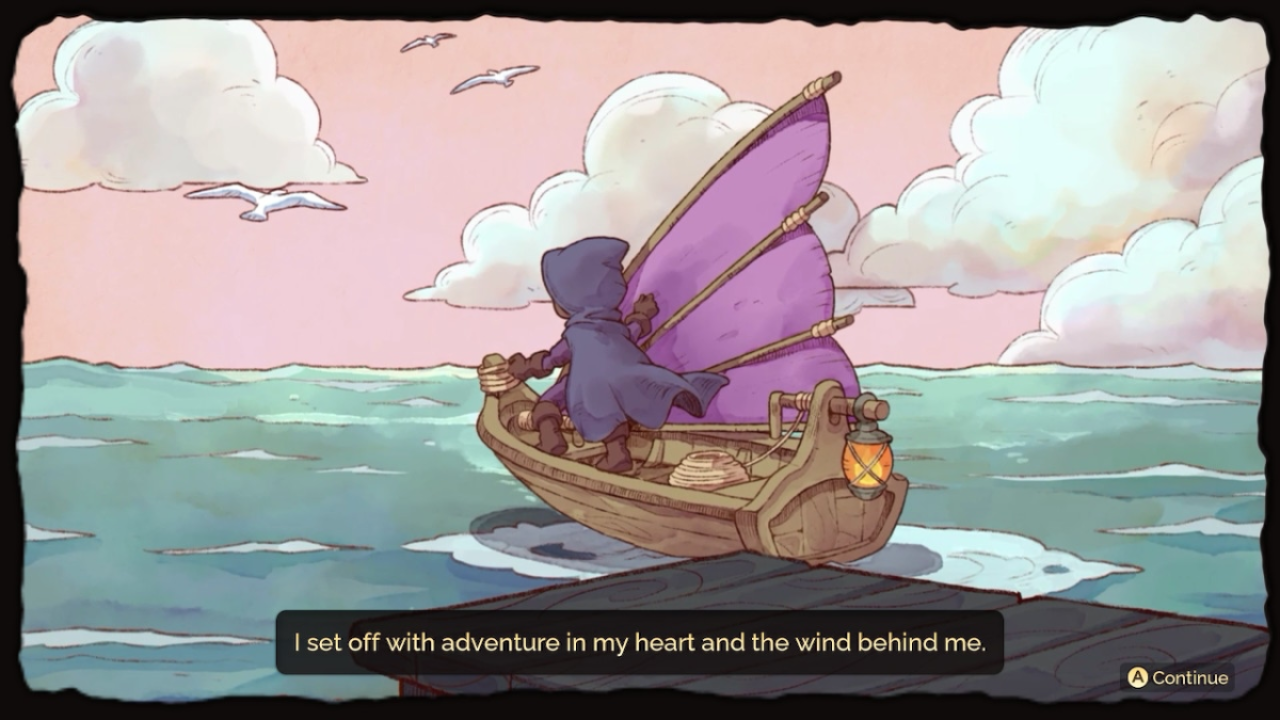
Fae Farm offers a great story, which you move through by completing sequential chapters. Your character answers a mysterious message in a bottle asking more people to move to Azoria. You travel across treacherous waters via a gorgeous, minimally animated cutscene and arrive in the town, where you encounter the mayor and a cast of other characters who’re all excited to meet someone new.
Magical whirlpools outside the town and bizarre weather patterns in some of its corners have kept Azoria largely isolated for a long time, and your arrival stirs things up in a big way. You unravel its mysteries as you play, and interacting with the characters and environment will give you the information you need to uncover what’s happening in this quaint, magical place.
Customization in Fae Farm
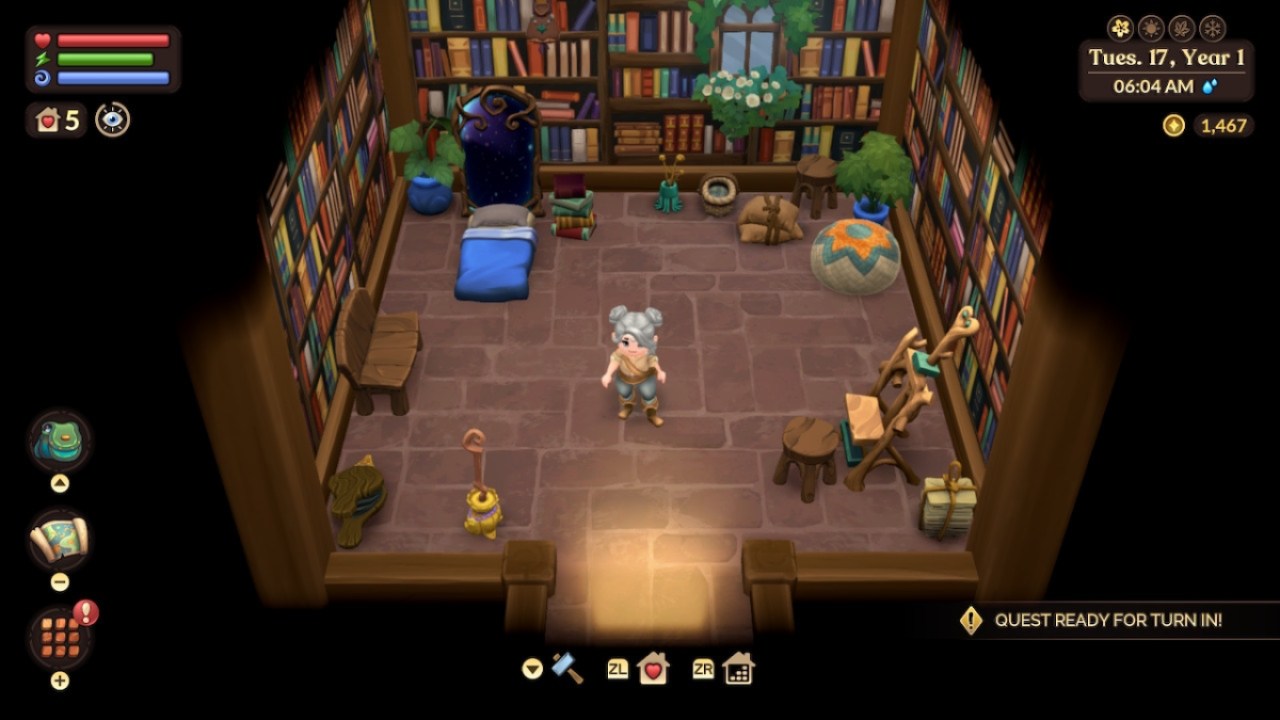
Starting with the character creation menu—which has large color palettes from which to choose your character’s skin tone, hair color, eye color, and markings color (if you choose to add beauty marks, facial tattoos, or freckles); four body types; three pronoun sets (they/them, she/her, and he/him); and seven possible voices with an option to have your character be silent—Fae Farm gives you the opportunity to dive right into the story and create a world you love.
Each player has their own “island” with a unique name chosen by them, as well as several homesteads that they can name however they like. Although everyone plays in the same base town, Azoria, the customization and gameplay options are basically endless, allowing you to make your world as personal as you like. Multiplayer mode thus invites you to share your creations with friends, much like in the heyday of Animal Crossing: New Horizons.
In Fae Farm, not only do you get to learn magic from a wizard who really wants friends, but you also get to farm fruits and vegetables, raise incredibly cute chickoos, cottontails, mamoos, and woolyhorns, and craft dozens of beautiful furniture items. You can sell goods at the local market or right from your farm, and as you build relationships with the townspeople, you learn their secrets and help them accomplish their goals in tandem with accomplishing your own.
Fae Farm uses familiar mechanics, but it needs more accessibility tools
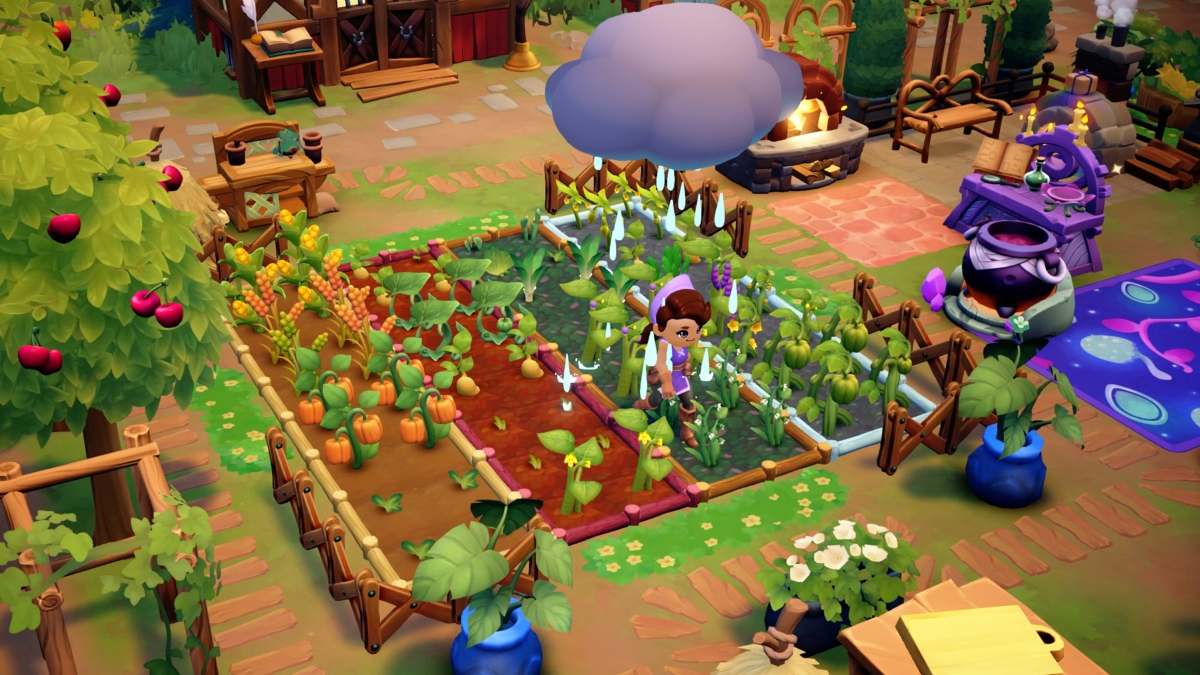
Whether you choose to play Fae Farm on PC or Nintendo Switch, its mechanics are familiar if you’ve played similar games like Harvest Moon, Stardew Valley, or even Disney Dreamlight Valley. Essentially, you’re given a tool belt that you upgrade as you go, whether that’s adding a staff to fight magic-infused, discarded items called “jumbles,” using a net to catch critters, or buying a fishing pole before you hit the beach. You gain the materials and coins you need to upgrade through play.
Days last approximately 20 minutes and you can see the day, season, and time in the upper right corner at all times. Each season lasts approximately a month, similar to Stardew Valley.
On the Switch, you can control the language, music, and SFX volume; turn off controller rumble and/or screen shake, and even select “Simple Fishing” if the button-mashing is painful or difficult. You can also adjust the gamma or brightness of the screen according to your needs and choose between four color gradations to account for color blindness. Dialogue is always captioned and you can access your quest list, relationships, progress, calendar, dungeon tracker, map, almanac, and inventory at all times. You can also change the controller mapping to suit your needs via the main menu.
However, there are accessibility issues in Fae Farm. It’s not possible to change the font size or color, nor is it possible to turn on full captions. Although none of the characters use actual speech—it’s more like Simlish than anything—it would be helpful to have a visual indicator of enemies approaching from behind in the mines or to know creatures are nearby if you can’t hear them making sounds. Ideally, Phoenix Labs will add these features in the near future, though it would have been better to see them in the game’s launch.
Fae Farm is beautiful to look at and listen to
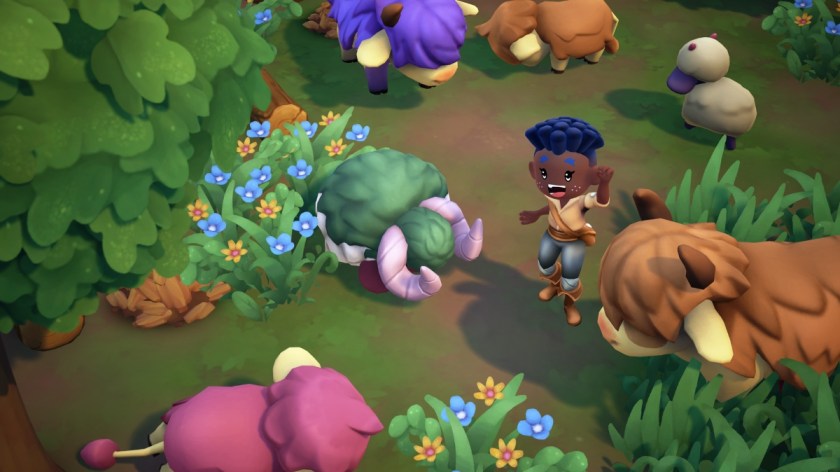
Phoenix Labs goes all-out in the world-building and design in Fae Farm, which makes it an absolute feast for the eyes. Azoria itself is beautifully laid out with brick paths and old-timey buildings, an open-air marketplace, and plenty of nature—and that doesn’t even account for the parts of it that you unlock during gameplay.
The creatures are truly fantastical spins on their real-life counterparts. And as characters progress through the story, build their farm, and fight jumbles in the salt mines where they’ve been imprisoned, they gain new abilities, customizations, and recipes to craft beautiful, detailed furniture and even dye their clothing.
As a result, it’s not just fun to play Fae Farm on your own, but it’s fun to watch others play as well. The sound editing is also lovely, with a bouncy, fantasy soundtrack and satisfying sounds to accompany farming, fighting, and even running in the rain.
Fae Farm is my favorite sim to hit shelves in some time. It will be available for Nintendo Switch and PC via Steam or Epic Games on Friday, September 8. The standard edition costs $39.99 and the deluxe edition costs $59.99. Pre-orders are available now.
(featured image: Phoenix Labs)



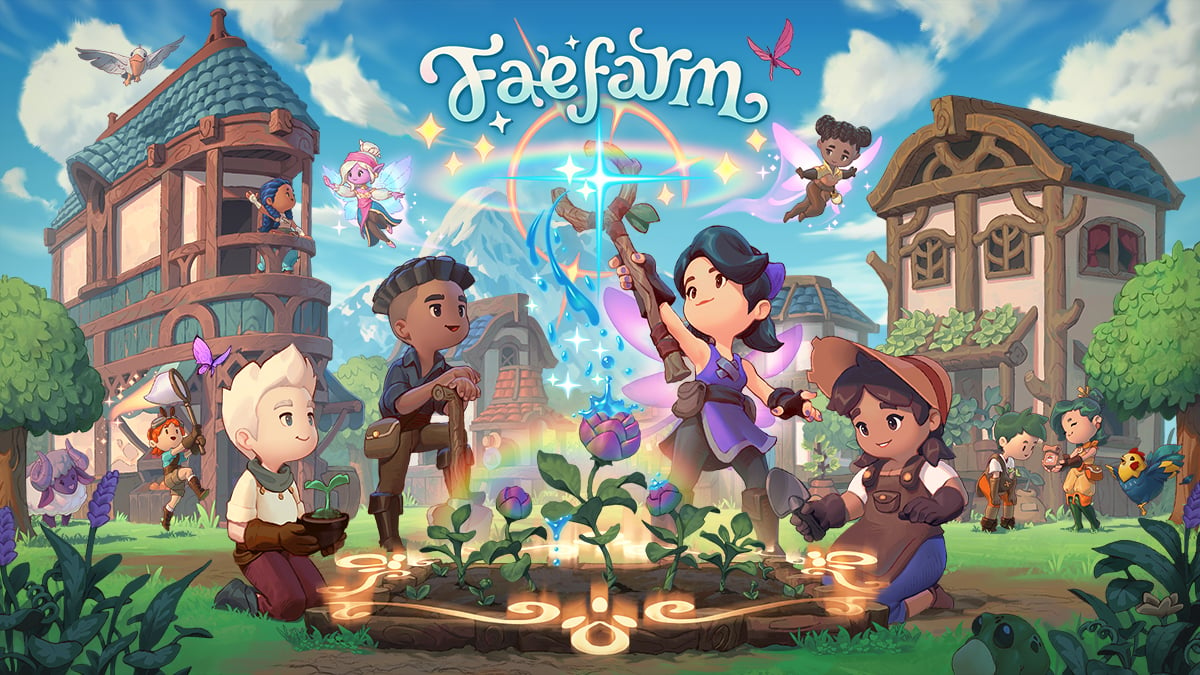





Published: Sep 6, 2023 03:49 pm